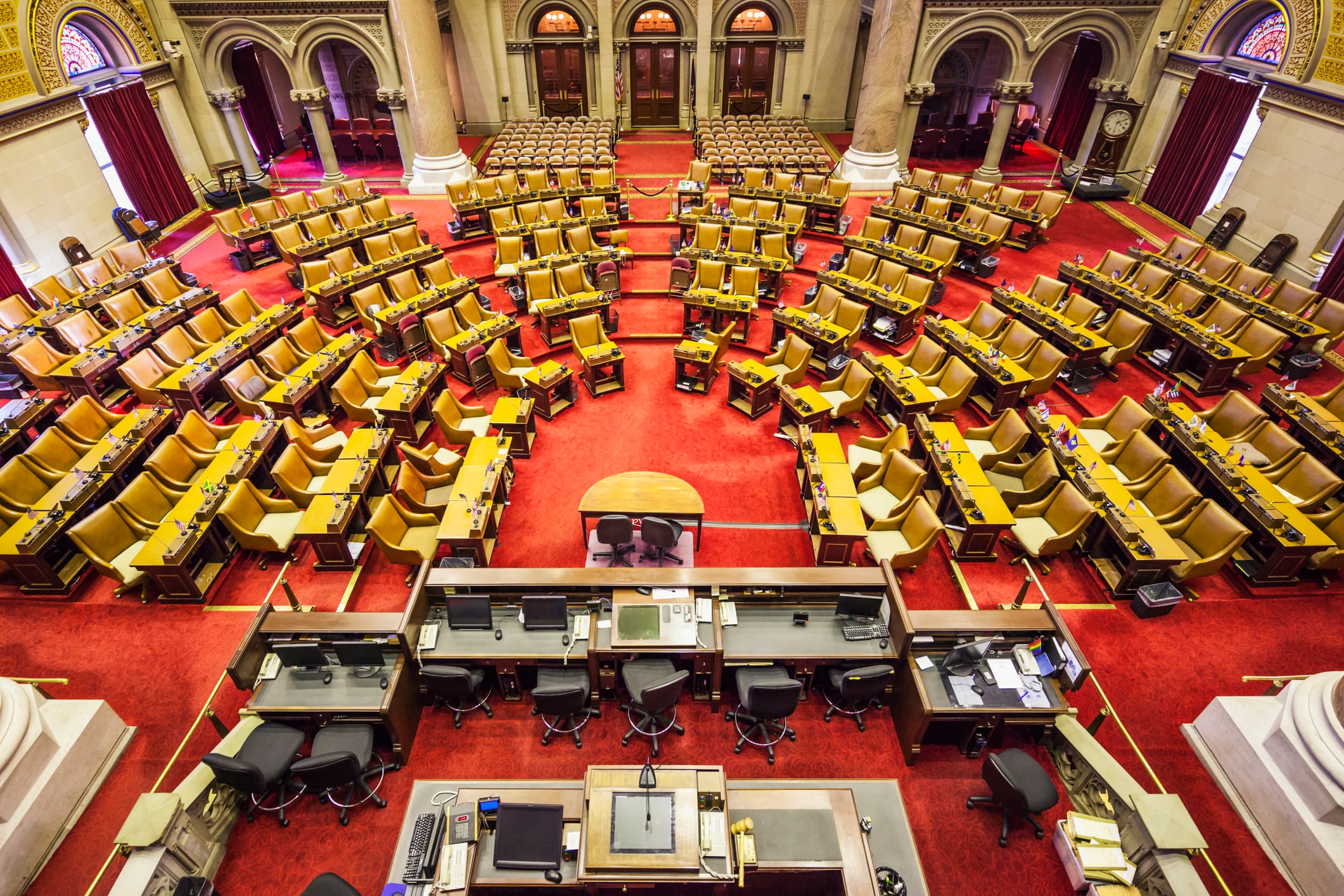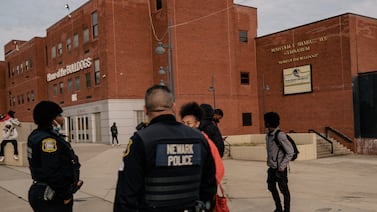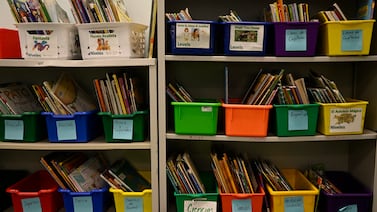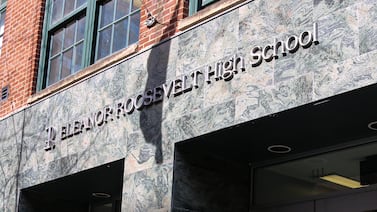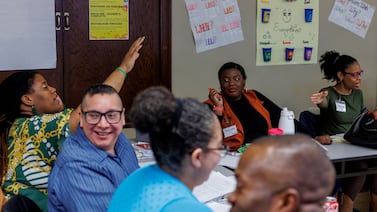New York’s state legislature formally rejected on Tuesday Gov. Kathy Hochul’s proposal to allow more charter schools to open in New York City, an indication of the uphill battle ahead for proponents of expanding the sector.
In their official responses to Hochul’s January budget proposal, both the state Senate and Assembly called to remove the governor’s charter school proposal to allow New York City to open more than 100 new charter schools.
The rejection does not mean Hochul’s proposal is dead, since lawmakers will now negotiate with the governor’s office over the final budget, which is due April 1. However, the unified disapproval from both houses shows there is little support for her idea.
Hochul’s charter school proposal was unpopular with some lawmakers and teachers union officials from the start. While charter school advocates have long pushed the legislature to lift the New York City cap — which was reached in 2019 — there has been little support for it in the Democratic-controlled legislature.
“The Assembly’s focus really is about — has always been about — trying to take care of the needs of the traditional public schools,” Assembly Speaker Carl Heastie, a Bronx Democrat, told reporters in February.
Hochul’s proposal calls for lifting the cap on charters in New York City, making operators eligible for remaining charters that have yet to be issued across the state. It also involves releasing so-called “zombie” charters, which are charters that were issued to schools that later closed or never opened.
The governor argues that allowing more charters to open in New York City is “common sense,” as the schools have historically been popular with Black and Latino families who have faced waitlists to enroll. The charter sector, which now educates more than 14% of the city’s public school students across 275 schools, has grown during the pandemic — far outpacing enrollment declines among district schools.
But a large swath of charters is also seeing enrollment sag, including some of the biggest networks, complicating the argument that there is still massive demand for new schools. Opening new campuses comes with tradeoffs, as a significant expansion of the sector would likely put pressure on existing schools, potentially leading to smaller budgets or even closures.
Still, charter school advocates contend that creating more school options is worthwhile.
Lawmakers “missed another opportunity” to support charters, said James Merriman, CEO of the New York City Charter School Center, in a statement. With the session ongoing, he noted that budget negotiations will continue.
“We strongly urge them to listen to the voices of NYC families who want nothing more than an opportunity for their kids, and work with Governor Hochul to lift the regional cap and revive zombie charters,” Merriman said.
The state and city teachers unions cheered the legislature’s rejection.
“Parents, educators, and community leaders were very clear that they did not want more charter schools opening and draining resources from their local public schools,” said Michael Mulgrew, president of the United Federation of Teachers, in a statement. “Legislators heard those concerns and protected our public schools.”
In her run-up for the governor’s race last fall, Hochul received donations from the city and state teachers unions, as well as the national American Federation of Teachers — totaling just over $191,000. She also received support from charter-aligned groups, including $40,000 from New Yorkers for Putting Students First, a political action committee, or PAC. The Great Public Schools PAC, created by Success Academy founder Eva Moskowitz, gave Hochul another $30,000.
Assembly and Senate reject high-dosage tutoring
Separately, both chambers also rejected Hochul’s proposal to fund and require high-impact tutoring in schools by setting aside $250 million in Foundation Aid – the main formula used to provide state funding for New York school districts.
Research has found that students perform better in school when they’re tutored frequently in small groups. Hochul framed the proposal — meant for children in grades 3-8 — as a solution for pandemic-fueled academic recovery, after some New York students saw steep drops in math and reading scores on national tests last year.
It’s possible the proposal is unpopular among school leaders because it doesn’t add more money to budgets; rather, it would use a chunk of funding that’s already planned to go out to schools and mandates how they should use it.
Both houses also proposed adding $1 million to the budget for studying how to change and update Foundation Aid, an idea first floated by the state education department and its Board of Regents.
The governor and both houses did agree on one thing: increasing Foundation Aid overall by $2.7 billion next fiscal year, sealing the final planned increase to fully fund the formula.
Spokespeople for Senate Majority Leader Andrea Stewart-Cousins, a Yonkers Democrat, and Heastie did not immediately return requests for comment.
Asked for comment on their rejection of both proposals, Hochul spokesperson Katy Zielinski said the governor “looks forward to working with the legislature on a final budget that meets the needs of all New Yorkers.”
Reema Amin is a reporter covering New York City public schools. Contact Reema at ramin@chalkbeat.org.
Alex Zimmerman is a reporter for Chalkbeat New York, covering NYC public schools. Contact Alex at azimmerman@chalkbeat.org.


